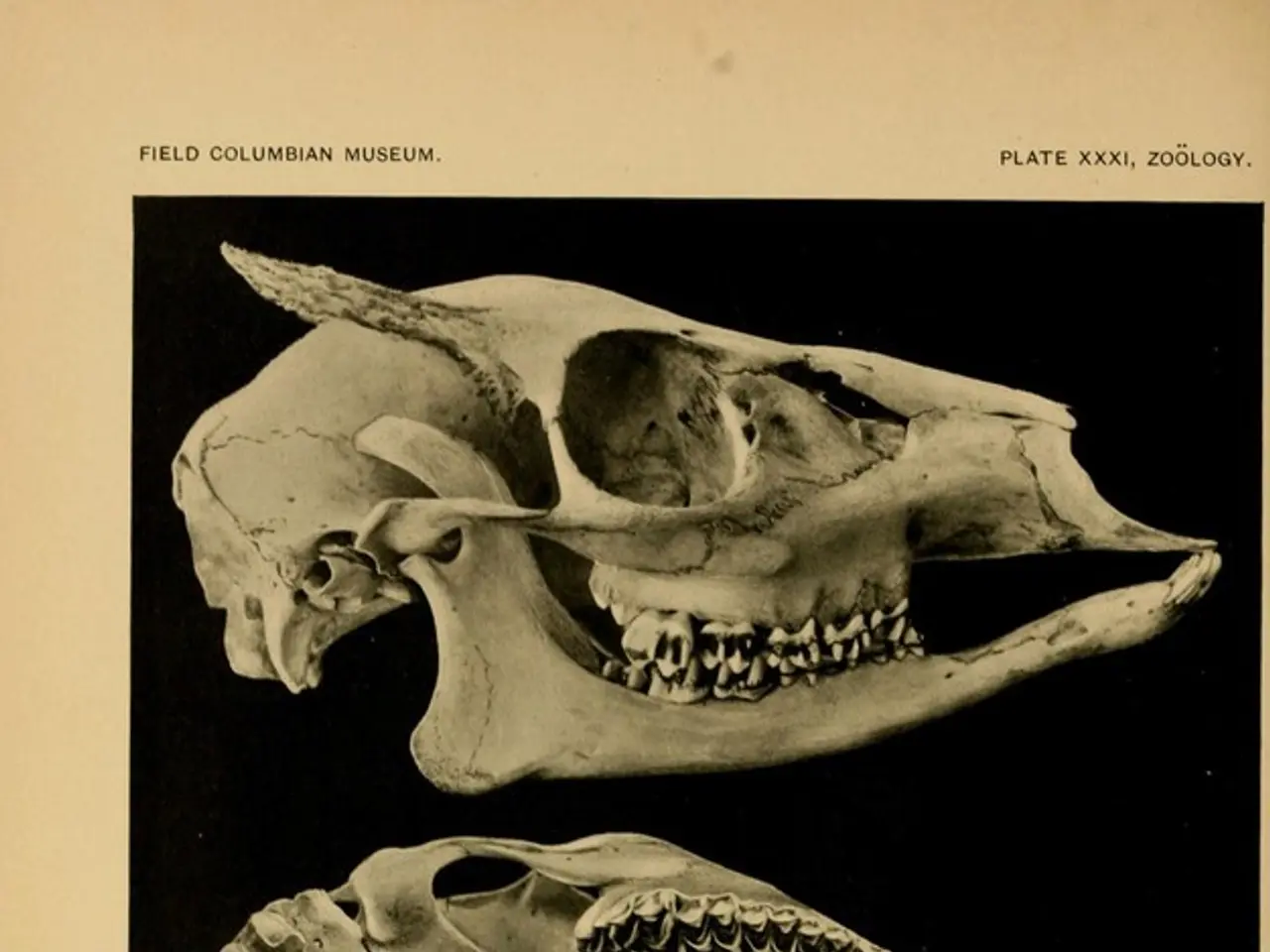Investigation pinpoints origin of exceptional memory in "superagers"
In a groundbreaking study published in the prestigious journal Cerebral Cortex, researchers have discovered that the brains of "superagers" - a group of adults over 65 with remarkable memory performance - maintain youthful activity patterns, even as they age.
Led by Alexandra Touroutoglou, PhD, director of Imaging Operations at Massachusetts General Hospital's (MGH) Frontotemporal Disorders Unit and senior author of the study, the research team conducted functional magnetic resonance imaging (fMRI) on superagers and compared their results with those of young adults.
During the fMRI study, participants were given a memory test. They first determined whether a word matched an image (encoding), then recalled whether they had previously seen each specific word-picture pair. The superagers' memory performance was indistinguishable from that of 25-year-olds, and their brains' visual cortex maintained youthful activity patterns.
Moreover, the study found that the structure of superagers' brains and the connectivity of their neural networks more closely resemble the brains of young adults. This is significant because, during aging, the selectivity, called neural differentiation, diminishes in the visual cortex, making it difficult for older individuals to create unique neural activation patterns for different types of images.
However, the superagers had maintained the same high level of neural differentiation as a young adult. This finding suggests that the brains of superagers are able to maintain a level of plasticity that allows for efficient memory processing.
Joseph Andreano, an investigator in the Department of Psychiatry at MGH and an instructor of Psychiatry at Harvard Medical School, is a co-author of the study. The research was also conducted at MGH's Frontotemporal Disorders Unit.
The study received major funding from the National Institute on Aging. The superagers are participants in an ongoing longitudinal study of aging at MGH.
The researchers plan to study different brain regions to further understand how superagers learn and remember, and examine lifestyle and other factors that might contribute to their amazing memory. They are also conducting a clinical trial to evaluate whether noninvasive electromagnetic stimulation can improve memory in older adults.
The findings of this study highlight the importance of continued research into the brains of superagers, as they may provide insights into ways to maintain cognitive health as we age. As Dickerson, a professor of Neurology at Harvard Medical School, notes, "Understanding the neural mechanisms that underlie remarkable cognitive abilities in older adults is crucial for developing new strategies to promote healthy brain aging and to prevent or treat cognitive decline."
Massachusetts General Hospital, founded in 1811, is the original and largest teaching hospital of Harvard Medical School. In August 2020, Mass General was named #6 in the U.S. News & World Report list of "America's Best Hospitals." The Mass General Research Institute conducts the largest hospital-based research program in the nation, with annual research operations of over $1 billion.




